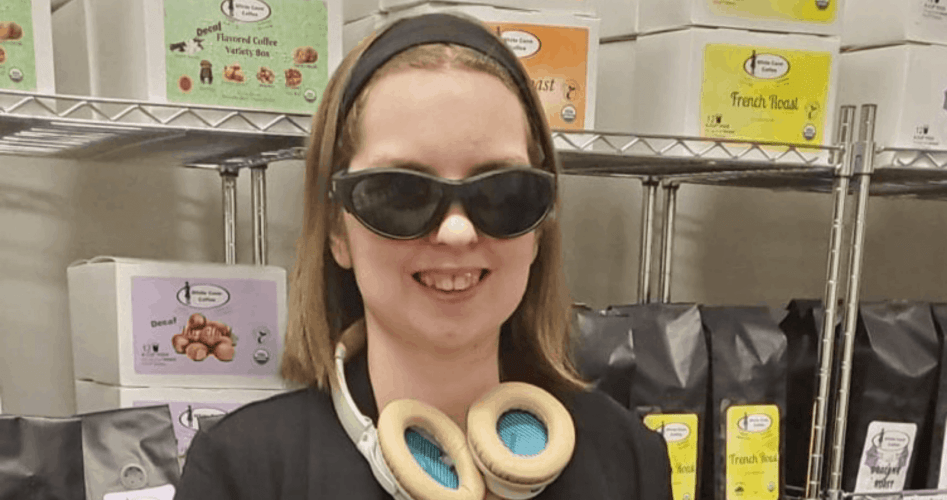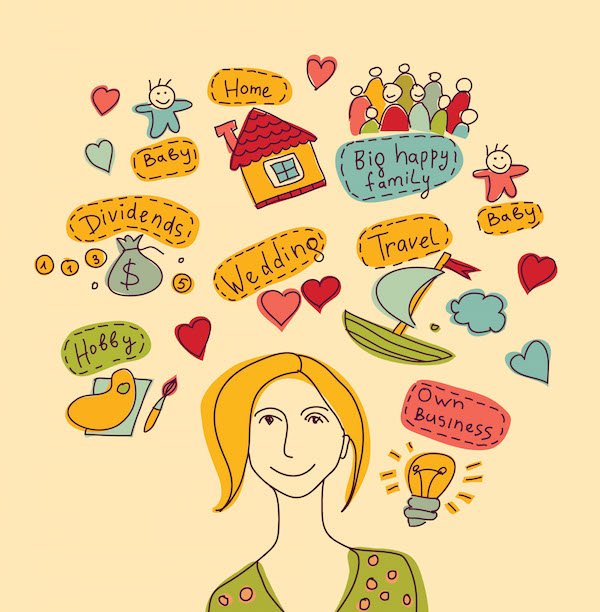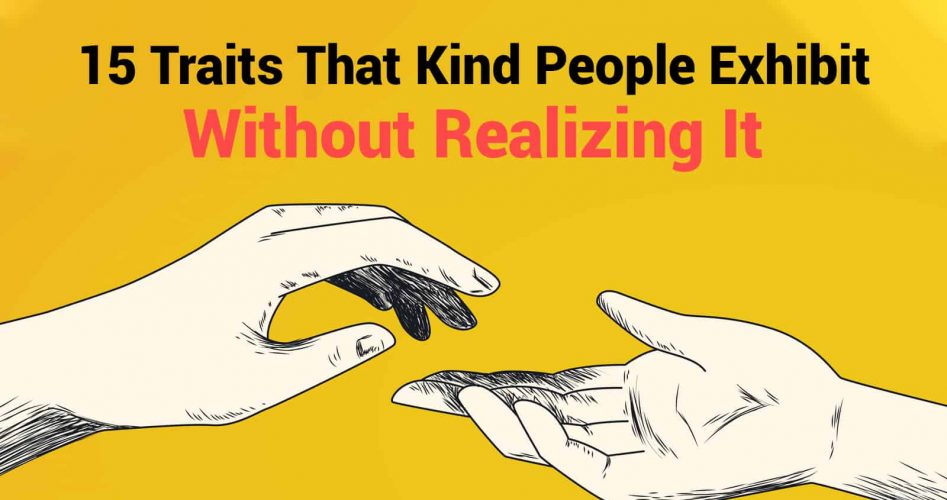Do you often find that your mornings start a little too slowly? Does it take you much too long to get your gears whirring during the daytime? Do you struggle to stay on-task and finish jobs so soon after waking up? If you answered yes to any of those questions, don’t worry! Highly organized people reveal their tips for success. It’s much more common than you think!
Being productive in the mornings isn’t easy. Conditions have to be right, you must know yourself and what you’re doing, and you need to be able to find thoughts and objects quickly. But how can you do that? By learning from those who do this successfully, of course! Here are four habits of highly organized people for a productive morning.
1. Scheduling In A Smart Way
Everyone talks about the importance of keeping a schedule. But there’s no point in creating a program that simply doesn’t work for you or anyone else. The point of scheduling isn’t to make a pretty list of work but to actually help you stay on track in a reasonable but firm manner. Here are some tips for scheduling smart:
· Make A To-Do List
Yes, it’s easy to assume that you’ll naturally remember everything you have to do without the aid of a list. Still, writing a to-do list is considered one of the most positive and organized steps you can take if you want to be more productive. List down what you have to do that day, that week, and even that month if you plan your schedule that far in advance. You won’t feel pressured to remember everything, and you’ll feel accomplished when you cross items off the list one by one while the day goes on.
· Be Mindful Of Your Energy
Don’t base your scheduling off of others. You know best how your energy levels are like. If you’re booming with alertness right after waking up, you can schedule things earlier in the day. If you’re a night person, you might be more lenient with your time limits for tasks. Take all of this into consideration. Remember, your schedule is for you, not anyone else!
· Set A Timetable
Remember that to-do list? Trying setting it to a timetable. When everything you have to do has a set schedule that is easy to follow and an exact deadline, it’ll be easier for you to stay on track. Assign reasonable times, keep track of your progress, and don’t lose your positive thinking. Highly organized people tout this habit as a fantastic way to up your productivity as it keeps you on task from the beginning of each day.
· Don’t Drop The Ball
When your day is hectic, it’s easy to forget some appointments or tasks. Try your hardest to keep each in mind. This is why you need a to-do list – so everything you have to do is nicely laid out and very difficult to forget! If you wind up having no choice but to miss specific tasks due to time constraints, learn from that mistake and schedule things more realistically in the future.
· Follow A Routine
There’s nothing wrong with wanting a little variety in your life. But if you genuinely wish for a productive morning, make your schedule a routine. Do chores in the same order and basic tasks in the same general timeline every day. Routines are hugely crucial for positive productivity and efficiency, and they can even help with cognitive ability. This makes a routine a surefire success when your goal is a productive morning.
2. Getting A Good Breakfast
Of course, breakfast is the first and most important meal you’ll have all day long. That’s why it’s so essential that your productive morning starts off with a well-planned breakfast. Here are some ways to make your first meal more fulfilling:
· Eat Protein
The breakfast you eat makes a huge difference in how productive your morning is. Think about it: your body hasn’t had food for a prolonged period of time while you slept, so you need something that can get your engines into gear. A lot of people talk about carbohydrates as a breakfast food, but few fully grasp just how much protein can do for the body. Protein is a great brain nutrient that studies have found has positive effects on brain function. Consider breakfast foods involving eggs, Greek yogurt, almonds, or cottage cheese.
· Prepare Food In Advance
Preparing your breakfast the evening before is a fantastic way to save a good chunk of time every morning. Your breakfast will be nutritious and won’t require the thinking of your groggy, still-tired brain. Even better, you can opt to prep large batches of breakfast over the weekend, so your entire week’s morning meals are ready to go!
· Do Something Productive During Your Breakfast
Breakfast is a great time to get your gears going, and it’s an excellent way to get ahead of your tasks for the day. By the time you’re done eating, you’ll already be ahead! However, take this hint with a grain of salt, as it doesn’t work for everyone! If you tend to overeat, get distracted, or become stressed out when you do something else with breakfast, it’s best to opt not to go for this trick.
3. Be Tidy
Sure, being perfectly clean all the time is overrated. But making sure your clutter stays under control is very important for productivity. Plus, you can hardly consider yourself highly organized if your entire house and workstation are a mess! Here are some ways to keep things neat:
· Clear Your Workspace
Want to have a fresh start to each day, full of positive thinking? Make sure your working space or desk is clean and clear before you begin. Clutter can almost feel comfortable sometimes, but what it actually does is trip you up. Things get harder to find, you’re more likely to be stressed out, and it’s tough to get things done without holdups. Sure, everyone has different limits to how messy space can get before it affects them, but if you follow science, cleanliness and tidiness is most crucial to productivity.
· Resolve Snags
If you want your days to run smoothly, try making a habit of smoothing out so-called loose ends left behind from days past. It’s easy to ignore the tissue that fell on the floor, but in time that will amount to a lot of rubbish everywhere, which will impact your productivity. You might not think that missed call is that big of a deal, but when twenty of them pile up, you’ll be too overwhelmed to get to them. Learning to quickly tidy up these tiny little things as and when you notice them is key to being organized.
· Clean Key Areas Before Leaving
Before you leave your house every morning, take a quick glance through the critical areas of your home. This might be your dining table where you eat, the kitchen counter where you need to cook, or the shoe rack by the front door that you tend to dump everything into. Give them all a cursory once over and clear or tidy what you can before heading out. This places your mind at ease as you go about your morning while also giving you a little sense of accomplishment from the start.
It’s worth noting that we’re not insinuating you need to have a perfect environment in order to be productive. The lesson here is to learn to become a more organized person, so you need to know where things are and feel relaxed in your living and working spaces. Often, being at least some degree of tidy is necessary to achieve this!
4. Learn To Prioritize
Highly organized people don’t mistake productivity for the simple act of squeezing in as much as you can into as few moments as possible. The issue with this description is that it removes quality from the equation
When you are productive, you’re performing with high-quality and delivering outstanding results, but at a consistent and, if possible, fast pace. This means that sometimes, there are tasks you have to leave behind in favor of what really matters. Here’s how to better prioritize the things you need to get done for a more productive morning:
· Decide On What You Want To Accomplish
What are the three things that you absolutely want to accomplish today? Which tasks must you complete to feel like you’ve been productive? Once you have your three most important tasks, schedule your day around them. You can do them at any point, as long as you get them done. When you have to choose between these tasks and other less major ones, always choose the former! You’ll feel better about yourself while teaching yourself not to sweat the small stuff.
· Get To Critical Emails As Soon As Possible
It’s a great idea not to make a habit of browsing your email first thing in the morning before work begins. But once it starts, it’s all fair game! Focus on starting with the more critical emails first, resisting the urge to the top of your inbox chronologically. When you have the most vital emails settled, you’ll feel more relaxed and have more positive thinking throughout the day. Plus, there’s a much lower risk of you forgetting about those essential tasks as the day goes on! Highly organized people do not waste too much time on pointless, spammy emails.
· Do The Worst Things First
Think of the three “worst” things you have to do today and get them done first. It’s up to you to define what “worst” entails. Are they the tasks you find most problematic? The ones you find most boring? The chores that take up the most time? An assortment of all of the above? Spend your morning on those “worst” tasks, and you’ll feel much more accomplished after – and, therefore, more motivated to do the more straightforward jobs during the rest of the day! Your concentration and energy are also likely best in the mornings, which plays into this.
Final Thoughts On Some Habits Of Highly Organized People For A Productive Morning
Few can deny the benefits of being organized. It helps you concentrate, reduces stress levels, and, of course, it makes you more productive. No matter what the time of day it is, focusing on the proper organization of your work area, your living space, and your tasks and goals for the day is crucial. Absolutely everyone can benefit from adding these habits of highly organized people to their lives!

















